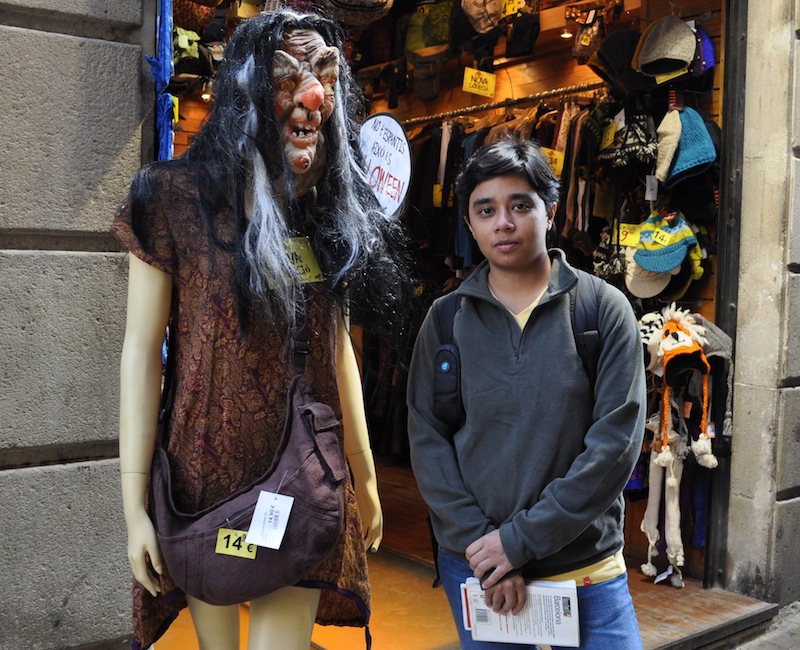I met Payal at last year’s Chandigarh Children Literature Festival. At the official dinner thrown to us, she was this unassuming, quiet person in the rather chatty crowd. We didn’t talk much and when we tried to exchange contacts, she told me she isn’t on Facebook or most of the social media networks. Finally, we exchanged numbers and email IDs. So it was great to connect with her some months later in Bangalore at Cafe Max (which is quickly becoming my fave place to meet authors and editors. They have such good Mint tea and sunny lunches.) where even though I was a newbie and she an established author in the industry, she was gracious, helpful, an avid listener to my rather banal stories and a lovely lunch-mate. And as these things go, here she is, talking about the one thing we both love more than anything else: fantasy fiction and its importance in our lives. Enjoy.
Payal Dhar’s flights of fancy help her seek out new life and new civilization—mostly in her fantasy novels and short stories for youngsters. When not making up stories, she is a freelance editor and writer. Her latest book is Slightly Burnt (Flipkart // Amazon). Head to her website for more about her.

The relevance of fantasy
Well-meaning and usually non-reading adults—never teens and other young readers—often ask why I write fantasy. What, after all, can be the relevance of fantasy? Why not write about real things and real people and real life?
Earlier this year, there was much discussion regarding the resurgence of realism in young adult literature, given the success of John Green’s The Fault in Our Stars and the subsequent movie. The excitement was about how this heralded the re-emergence of contemporary realism in children’s fiction. John Green was credited for ushering in the golden era of realist fiction, pushing out shiny vampires and grim dystopias. Some publishing professionals were even calling it the era of “real stories for real people”.
Needless to say, there was some backlash to all of this because of the implication that sci-fi/fantasy is not real or that teens can’t relate to it. That it’s somehow less. It is interesting to note that John Green himself never endorsed this view. One person who eloquently to defend the honour of fantasy writers was the Australian young adult author Justine Larbalestier. “All stories, no matter their genre, are about people. People relate to other people even they are disguised as dragons,” she says. It’s worth reading her full blog post, where she takes down the argument that realist fiction is any more real than SFF.

